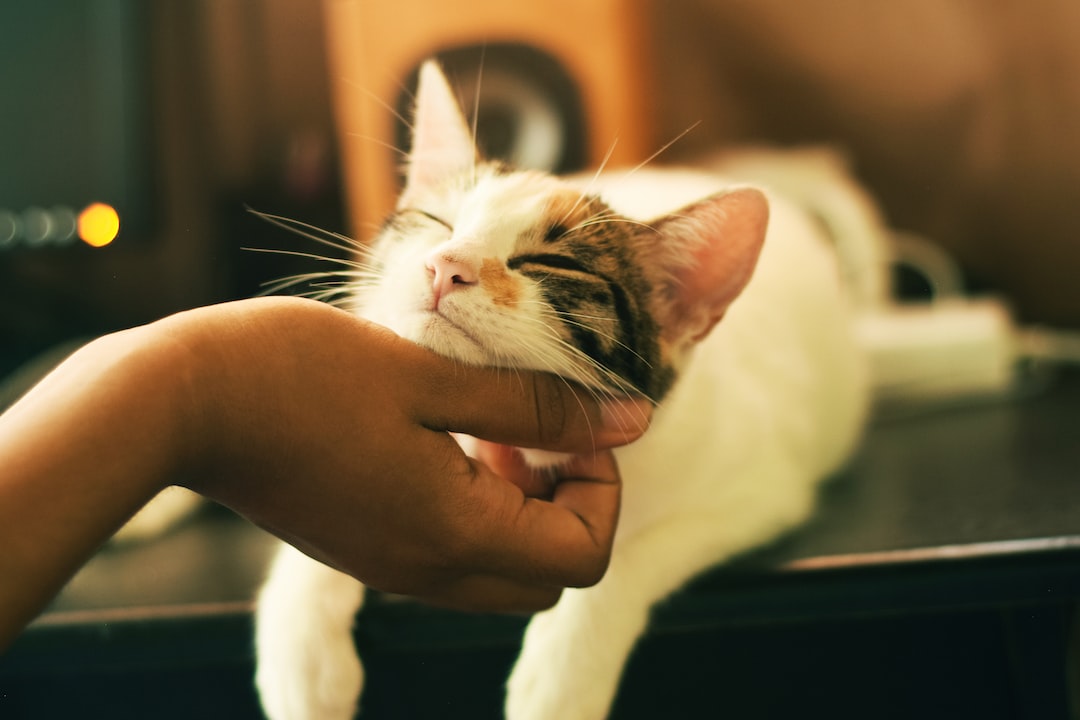Separation anxiety is a common problem among dogs, and it can be distressing for both the pet and their owner. Dogs are social animals and thrive on companionship, so it’s natural for them to feel anxious when their owner leaves them alone. However, there are several techniques and strategies that can help you deal with separation anxiety in dogs and make their time alone more bearable.
First and foremost, it’s important to gradually desensitize your dog to the idea of being alone. Start by leaving them alone for short periods of time and gradually increase the duration as they become more comfortable. This will help them realize that being left alone is not a cause for alarm.
Creating a safe and comfortable space for your dog is also crucial. Provide them with a designated area, such as a crate or a specific room, where they feel secure. Add their favorite toys, blankets, and a piece of clothing with your scent to make them feel more at ease in their own little sanctuary.
Another effective method is to establish a routine. Dogs thrive on predictability, so setting a consistent schedule for their feeding, exercise, and playtime can help alleviate their anxiety. A tired dog is a calm dog, so make sure to give them plenty of exercise before leaving them alone. This can help drain their energy and make them more relaxed during their alone time.
Using positive reinforcement techniques can also be beneficial in addressing separation anxiety. Reward your dog for calm behavior when you leave and return home, and gradually increase the duration of your absence without them getting anxious. This will help build their confidence and create positive associations with being alone.
If your dog’s separation anxiety is severe, it may be helpful to consult a professional dog trainer or behaviorist. They can provide guidance and develop a customized plan to address your dog’s specific needs. They may recommend additional techniques, such as using pheromone diffusers or playing calming music, to help ease your dog’s anxiety.
Lastly, remember to always remain calm and patient with your dog. Punishing or scolding them for their anxious behavior will only worsen the problem. Instead, show them love and understanding, and gradually build their confidence by reinforcing positive behaviors.
Dealing with separation anxiety in dogs can be a challenging and time-consuming process, but with the right techniques and a lot of patience, it is possible to overcome it. By gradually acclimating your dog to being alone, establishing a routine, providing a safe space, and using positive reinforcement, you can help your furry friend feel more secure and comfortable when left alone. Remember, every dog is unique, so be prepared to adapt your approach to suit their individual needs.

